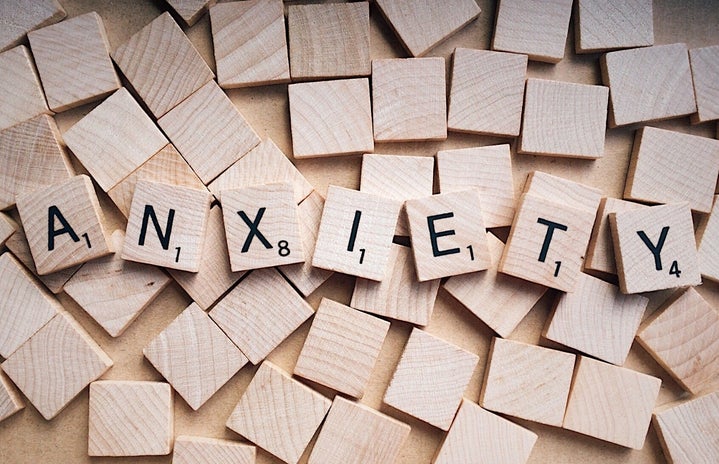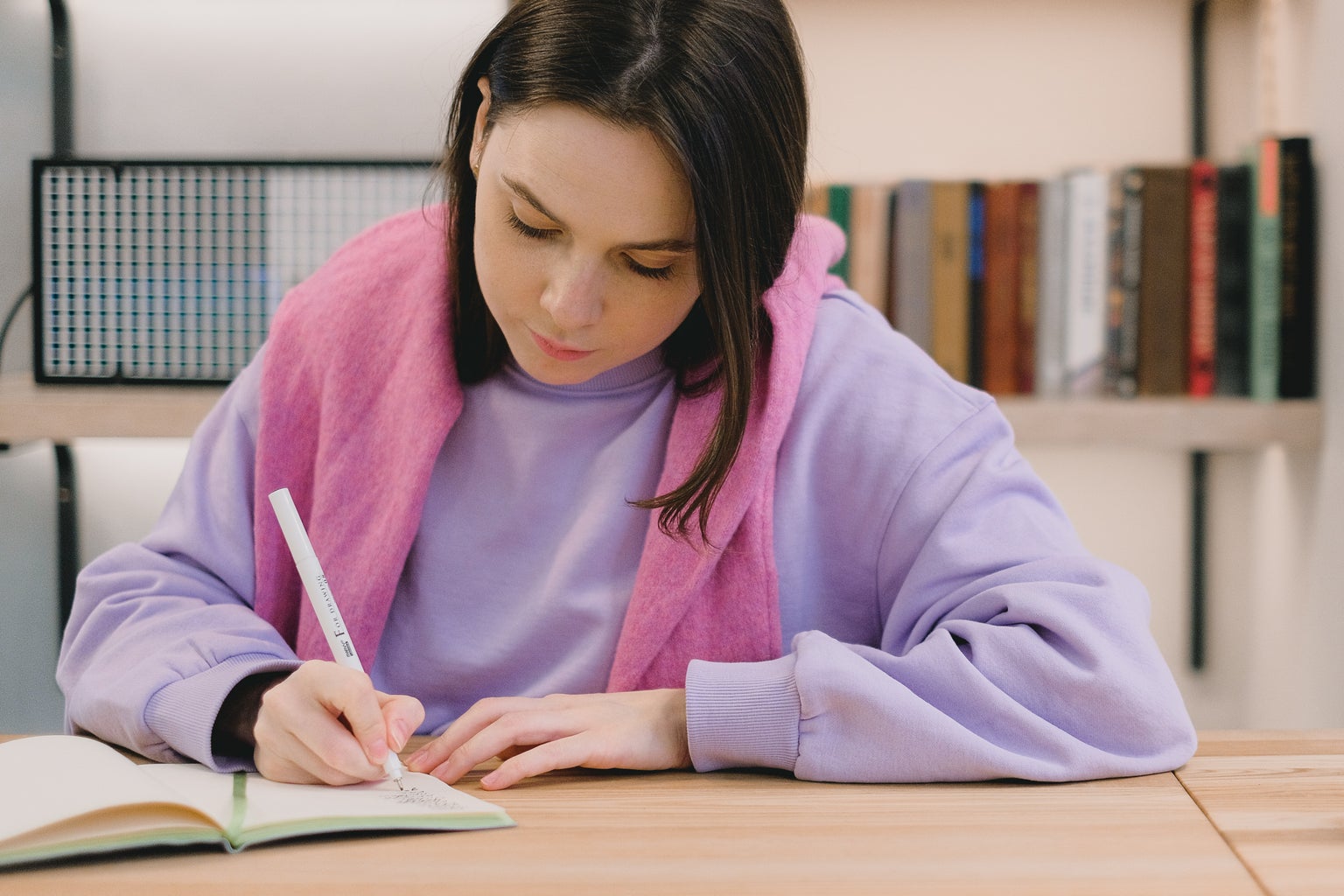I always knew I wanted to learn Arabic as part of my college education, to the point where it became a deal breaker if any of the colleges I was considering didn’t offer an Arabic class. Naturally, I was excited when I saw “Intensive Introduction to Arabic” listed on my first-year schedule; I knew I was one step closer to becoming fluent in the language.
But there was one problem: I have social anxiety. How would taking a foreign language class not be a disaster for me? I started to remember my Spanish class in high school and how awkward the activities were as me and my classmates muttered broken Spanish to each other at eight-in-the-morning. How I had to recite the alphabet and froze in the middle because my nerves got the best of me. And that one time when I raised my hand to answer a question, the boy next to me shouted, “That’s the first thing I’ve heard her say ALL YEAR!” I remember my face turned red with embarrassment and rage all at the same time. Oh, the things I could have said that day if I talked.
As those painful memories came flooding back to me, I became more apprehensive about attending my Arabic class. But I pushed through my fears as I always do and arrived in my Ascension classroom on a rainy Thursday morning. At first, the room was too quiet before a couple people started introducing themselves and cracking jokes to break the silence. It was comforting to know that this was an unfamiliar situation for everybody — not just me.
Finally, the professor came in and wrote “Ahlan wa Sahlan” on the blackboard and had us all introduce ourselves in Arabic. I was sure that my answer of “ana ismii Sophia” was almost too quiet to be heard, but I would work on that throughout the semester.
We looked over the syllabus for the rest of the class and I got a sense of what would be expected of me. Much of my grade would depend on participation, and the syllabus explicitly told us to put ourselves out there and to not be worried about making mistakes. Mistakes were expected in the classroom.
I was still nervous, but I was also filled with a new sense of determination and responsibility. I saw my class as a challenge, and in order to succeed, I’d have to talk. The classroom was the perfect environment to practice talking without overthinking it beforehand, and I’d only be rewarded for doing it.
So, I continued attending my Arabic classes and I surprised myself with my improvement. I grew more comfortable around my classmates (the frequent group activities made it really easy for us to get to know each other) and I’m happy to say that it was not as awkward as my high school Spanish class. In fact, it was a lot more fun and I made friends doing it. I practiced being okay with making mistakes and recognizing that it’s not a big deal. I practiced putting myself out there and sharing information about myself with my classmates, and I even grew comfortable enough to play Pictionary and charades in my TA sessions.
Were there still awkward moments? Yes, there were several. My improvement in Arabic class wasn’t a steady, consistent climb. In fact, I’d say it was more up-and-down, depending on the day, but overall I did improve a lot — enough to want to move on to my Intermediate class this semester… which I’m enjoying a lot!
My social anxiety hasn’t gone away completely. I can still be an unbelievably awkward person sometimes and I think that I’ll always be a little apprehensive about talking to other people and putting myself out there. And, yeah, sometimes there are still times where I overthink something I did or said and think to myself “Why do you have to be so awkward?” But being in my Arabic class is a great way for me to practice becoming more comfortable with other people perceiving me and listening to my contributions. Plus, I get to study what I love while doing it! It reminds me again that I’ll only be rewarded for talking. That alone encourages me to speak up.




